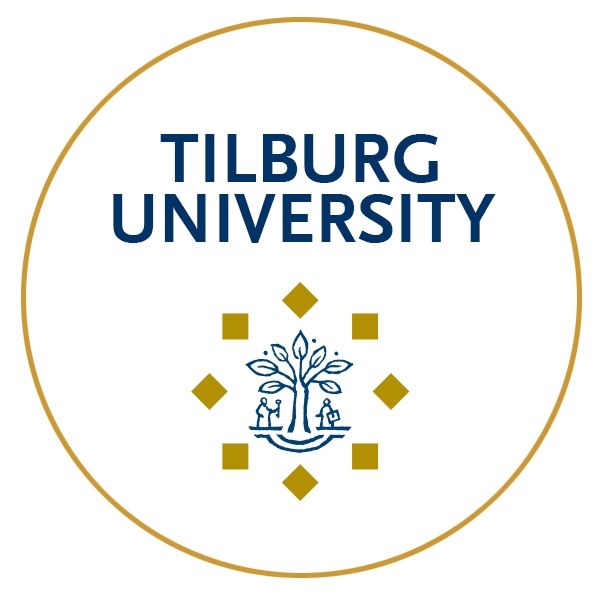Virtual Criminal Justice Network
The Virtual Criminal Justice Network (VCJN) is an interdisciplinary research network with over 150 members, founded and coordinated by scholars from Maastricht University, Tilburg University, the University of Sydney and Lund University. The network brings together expertise from multiple disciplines, including criminal procedure, criminology, sociology, legal psychology and technology-focused legal studies, to examine the use of digital technologies in the criminal courtroom.
The VCJN members organise academic events and collaborative research projects focused on the use of digital technologies in criminal proceedings, with particular attention to remote hearings, video-facilitated hearings, and emerging developments such as immersive and virtual environments in criminal justice. By fostering interdisciplinary and international collaboration, VCJN aims to advance critical debate, comparative research, and informed policy discussions on the procedural, evidentiary, and rights-based implications of digitalisation in criminal justice.



